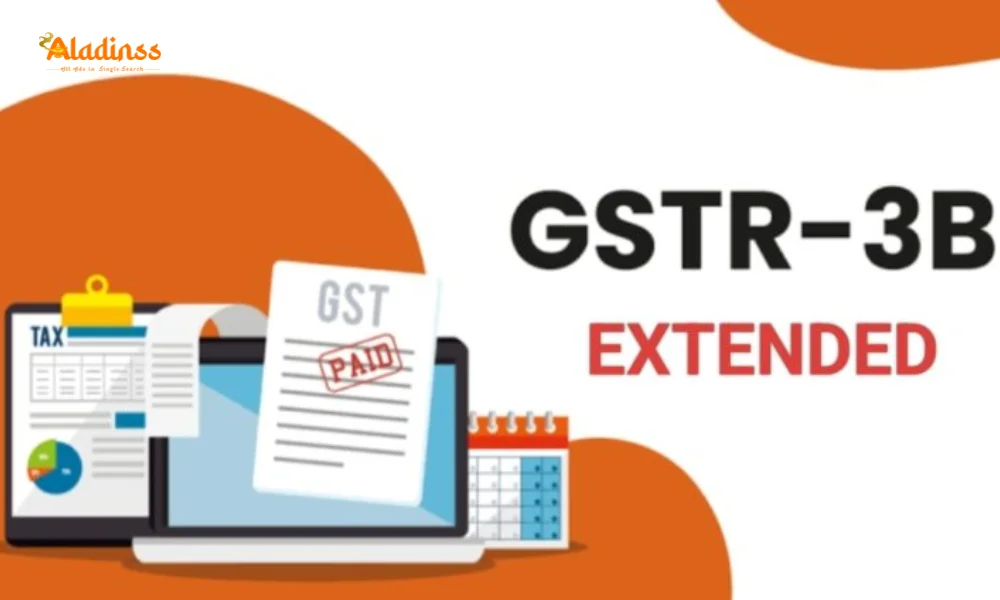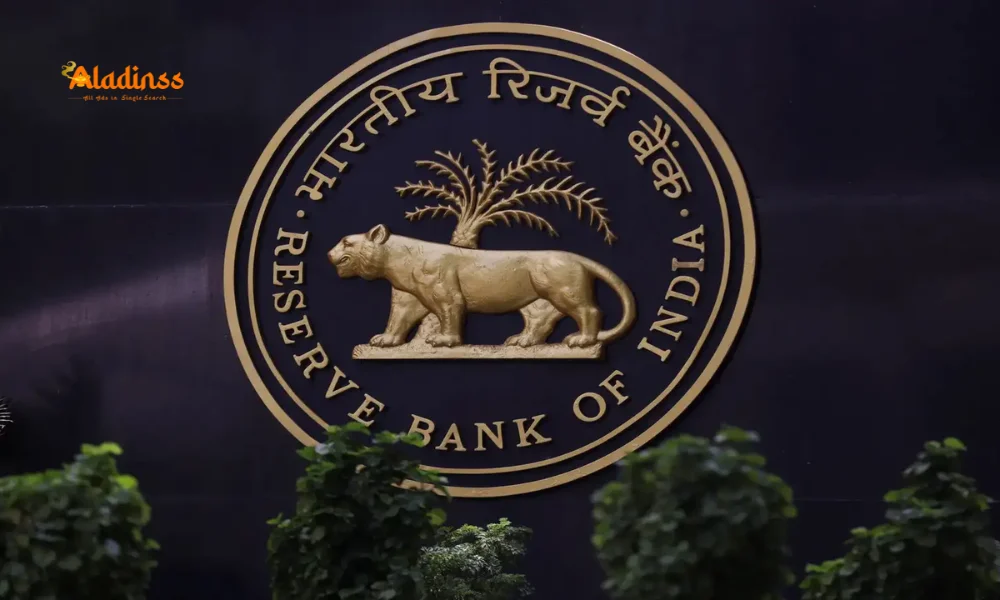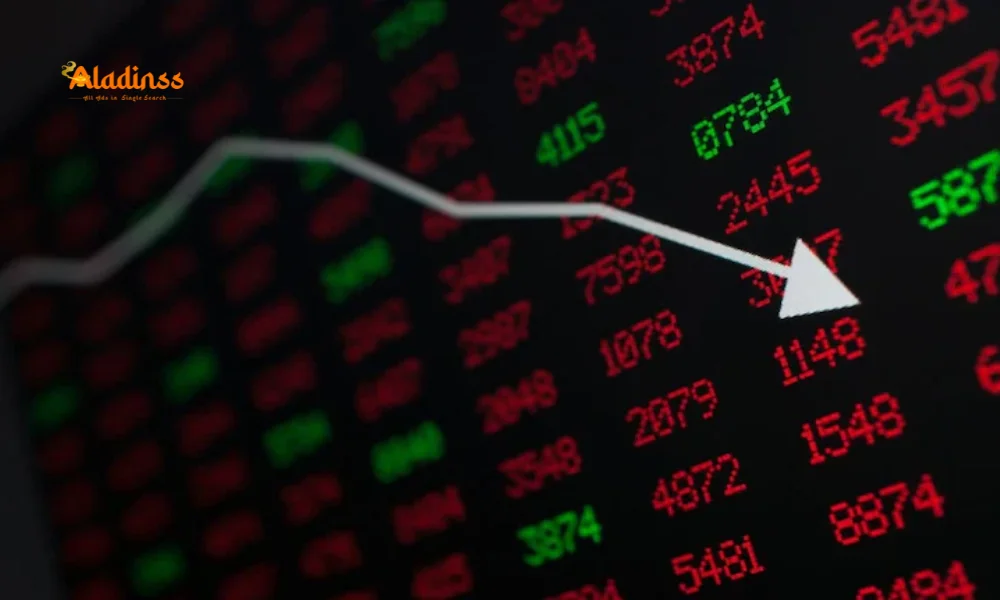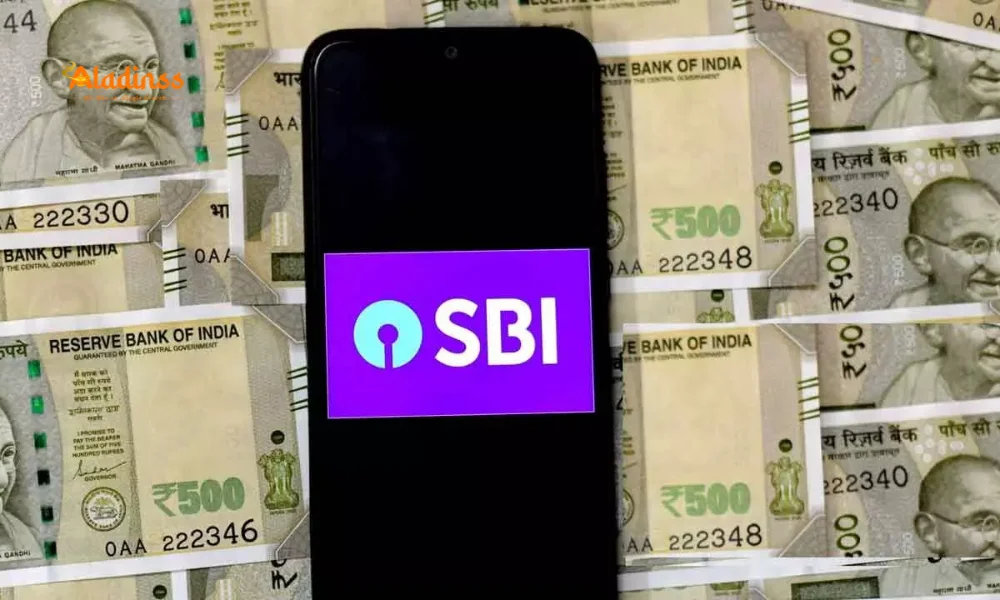JBM Auto Share Price Surges 8.5% on $100M IFC Investment for E-Bus Expansion

JBM Auto Share Price Surges 8.5% on $100M IFC Investment for E-Bus Expansion
JBM Auto’s share price soared 8.5% on September 12, 2025, following a $100 million investment from the International Finance Corporation (IFC) to its subsidiary, JBM Ecolife Mobility, for deploying 1,455 electric buses across Maharashtra, Assam, and Gujarat. This funding marks IFC’s largest global and first Asian investment in the e-bus sector, underscoring India’s push for sustainable transport.

A Landmark Investment for India’s E-Mobility
The $100 million infusion from IFC, a World Bank Group entity, is a game-changer for JBM Ecolife Mobility, enabling the rollout of 1,455 air-conditioned electric buses in three Indian states. This initiative aligns with India’s ambitious goal of achieving 40% electric bus penetration by FY2030, a critical step toward reducing urban air pollution and carbon emissions. The project is expected to cut CO2 emissions by 1.6 billion kilograms, save over 600 million liters of diesel, create 5,500 jobs, and serve more than one billion passengers over its duration.
Nishant Arya, Vice Chairman and Managing Director of JBM Auto, described the partnership as the company’s most significant e-bus deployment to date. “This collaboration with IFC not only accelerates our mission to electrify public transport but also sets a global benchmark for sustainable mobility,” Arya said. The project’s inclusion of a formal Payment Security Mechanism (PSM) under the Pradhan Mantri e-bus Sewa Scheme is a first for Maharashtra and Assam, designed to mitigate payment risks for state and municipal transport authorities, making future e-bus projects more financially viable.
Impact on Local Communities and Environment
In Maharashtra, where public transport systems operate over 15,000 diesel buses contributing to 35% of urban air pollution in cities like Mumbai and Pune, the introduction of electric buses is poised to make a significant impact. A transport official from Maharashtra, speaking exclusively to Horizon News, stated, “The deployment of these electric buses will transform public transport in cities like Pune and Nagpur, reducing air pollution and improving commuter experience.” This shift is particularly crucial in urban centers where air quality has deteriorated due to vehicular emissions, affecting public health and quality of life.
Beyond environmental benefits, the initiative is expected to create substantial economic opportunities. The projected 5,500 jobs will include roles for drivers, technicians, and maintenance staff, with a focus on local hiring in Maharashtra, Assam, and Gujarat. This aligns with India’s broader vision of fostering green jobs while transitioning to a cleaner energy ecosystem. The project’s scale also positions India as a potential global hub for electric vehicle manufacturing, supported by government schemes like the Production-Linked Incentive (PLI) program.
Also Read: 10 Major 1:10 Stock Splits in Indian Markets
JBM Auto’s Dominance in E-Bus Manufacturing
JBM Auto has solidified its position as a leader in India’s e-mobility sector, with over 2,500 electric buses already deployed across 10 states and 15 airports. Its Delhi-NCR facility, one of the largest integrated e-bus manufacturing plants outside China, boasts an annual production capacity of 20,000 buses. Since 2018, JBM’s e-buses have clocked 200 million electric kilometers, serving over one billion passengers. The company’s order book of 11,000 buses, including a recent ₹5,500 crore order under the PM e-Bus Sewa Scheme-II, underscores its robust growth trajectory.
The IFC investment enhances JBM’s technological edge, enabling the production of modern, air-conditioned buses equipped with advanced features like real-time tracking and energy-efficient systems. This aligns with India’s push for smart cities, where sustainable transport is a cornerstone of urban development. JBM’s expansion also positions it to compete globally, with exports to Europe, the Middle East, and the APAC region, capitalizing on the projected $200 billion auto component market by 2030.
Market Response and Future Outlook
The market responded enthusiastically to the IFC investment, with JBM Auto’s share price opening at ₹646.85 on the BSE, peaking at ₹684, and dipping to ₹644.55 during intraday trading on September 12, 2025. Equity analyst Rajesh Bhosale from Angel One noted a “strong price-volume breakout” with a bullish breakaway gap above the 20-day simple moving average (SMA). “The momentum suggests potential upside towards ₹760, with ₹650 acting as immediate support,” Bhosale said, reflecting optimism about JBM’s growth prospects.
Despite a 30% decline over the past year, JBM Auto’s shares have risen 23% in the last six months, driven by its strong order book and government-backed initiatives like the PM E-DRIVE Scheme. The company’s market cap stands at approximately ₹16,401 crore, with a price-to-earnings ratio of 71.74, indicating investor confidence in its long-term potential. The IFC’s investment, coupled with earlier funding from the Asian Development Bank and Asian Infrastructure Investment Bank, positions JBM to capitalize on India’s rapidly growing e-bus market, projected to see 52,000 e-buses deployed by 2030 under central schemes.
Timeline: JBM Auto’s Electric Bus Journey
To provide context on JBM Auto’s rise in the e-mobility sector, here is a timeline of key milestones:
- 2016: JBM Auto unveils “ECOLIFE,” India’s first 100% electric bus at Auto Expo.
- 2018: JBM’s e-buses begin operations, clocking 200 million electric kilometers to date.
- 2021: Establishes Delhi-NCR facility, one of the largest e-bus plants globally, with a 20,000-unit capacity.
- 2024: Secures ₹5,500 crore order for 1,021 e-buses under PM e-Bus Sewa Scheme-II.
- 2025: Receives $100 million from IFC for 1,455 e-bus deployments in Maharashtra, Assam, and Gujarat.
This timeline highlights JBM Auto’s strategic growth and its pivotal role in India’s transition to sustainable mobility. With government support and international funding, the company is well-positioned to lead the e-bus revolution, delivering environmental and economic benefits across India’s urban landscape.
Comment / Reply From
No comments yet. Be the first to comment!









